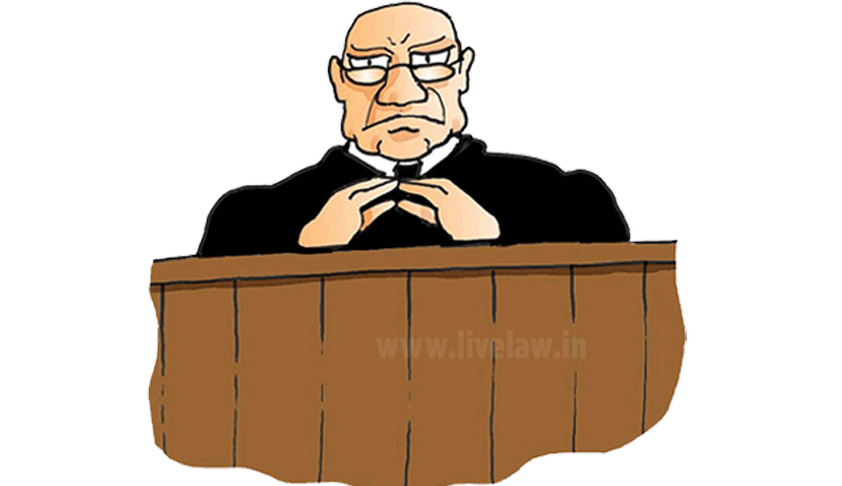- Home
- /
- Top Stories
- /
- Cabinet approves Bill for National...
Cabinet approves Bill for National Judicial Appointment Commission
Apoorva Mandhani
10 Aug 2014 6:51 PM IST
The Union Cabinet has paved way for providing Constitutional status to the National Judicial Appointment Commission which proposes to provide equal say and veto power to the Judiciary as well as the Executive in matters pertaining to appointment of Judges. A Constitutional Amendment Bill which provides for such a change in the system has been cleared by the Cabinet.Earlier, the Government...
Next Story



